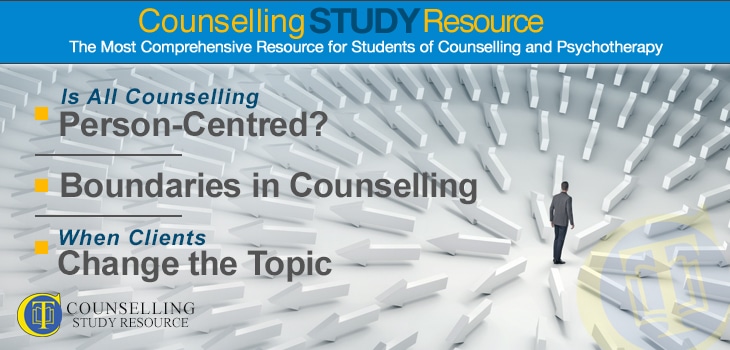Is All Counselling Person-Centred? (starts at 1.54 mins)
Is it fair to say that all counselling, whatever the modality, is based on the person-centred approach?
It’s certainly true that the core conditions of empathy, congruence and unconditional positive regard form the basis for most modern therapeutic encounters. Sometimes, these conditions are known by different names – for example, transactional analysis refers to ’empathic attunement’.
There is wide agreement that the therapeutic relationship is always key, and that the core conditions are universal ingredients of this. The idea of the ‘relational turn’ in counselling and psychotherapy is developed in Transactional Analysis: A Relational Perspective by Helena Hargaden and Charlotte Sills (Routledge, 2002).
Rory and Ken refer to the dodo bird verdict, named after the Alice in Wonderland story in which various characters get wet and the dodo encourages them to run around the lake until they are dry. Nobody measures how far each person runs or for how long. When asked who had won, the dodo replies: ‘Everybody has won and all must have prizes.’ Applied to counselling, the dodo bird verdict suggests that more than 500 different modalities are effective, so long as the therapist has skill and empathy, there is close rapport between the therapist and patient, and there are common therapeutic goals. The concept of the dodo bird verdict was introduced by psychologist Saul Rosenzweig in 1936.
However, in person-centred therapy, there are also an additional three ‘hidden’ conditions, and the full set of six conditions is considered not only necessary but also sufficient for therapeutic personality change. Other modalities, meanwhile, have their own theories and techniques to supplement the core conditions.



